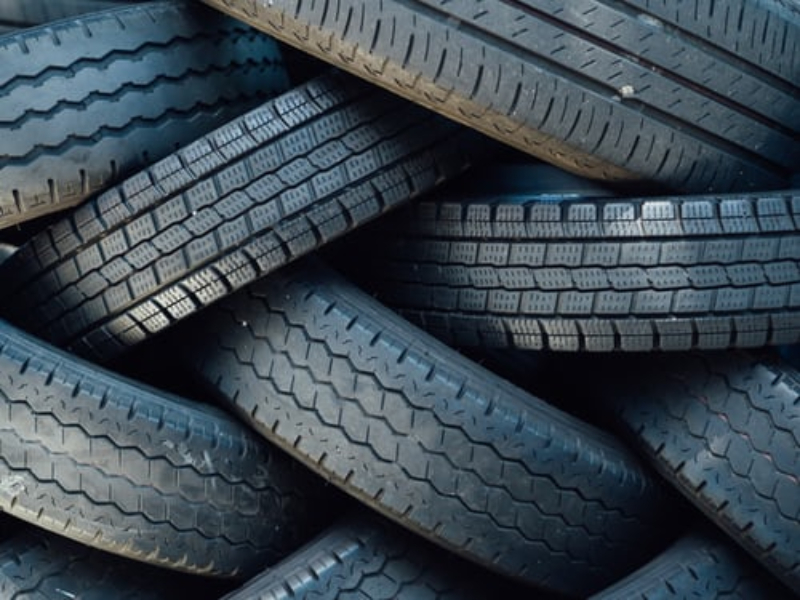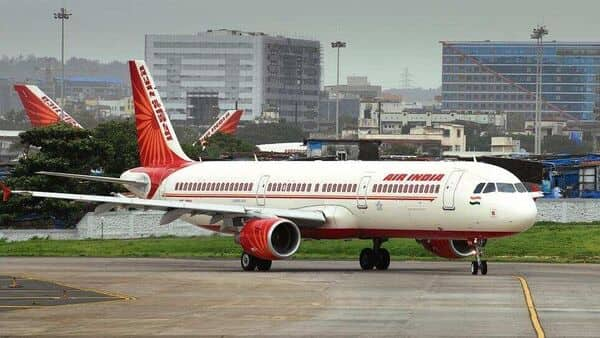There are several factors that damage your tyres sooner or later. These problems include heat, road conditions, friction, weather, and driving habits.
In this blog, we will talk about the heat that degrades your tyres over time and you have to buy a new set of tyres Reading as soon as possible.
However, heat may affect the strength and performance in any season but the adverse effects will tease you more during the summer season.
The summer season is ideal for blowouts in tyres and the main reason for this problem is the summer heat.
Heat in the summer season will increase the air pressure in tyres. According to experts, every 10 degrees will increase 1PSI temperature in tyres. Sometimes, more air pressure may lead to a serious blowout. Therefore, ignoring the effects of temperature on air pressure is not a wise decision.
In this condition, experts consider the three main factors: hot molecules of air, friction, and rubber material.
How molecules of air:
Atoms and molecules make air like other materialistic things. The molecules of air will dance at a high speed due to the higher level of heat. As a result, the air will expand and increase the air pressure.
Friction:
When an object rubs against a place’s surface, frictional force takes place to make the movement possible. Similarly, your car tyres move at a high speed on the road surface to create friction. Friction will generate heat to make the tyres hotter especially during the summer season.
The rubber material:
Tyres have rubber as a manufacturing material. Consider a balloon that you fill with air excessively and it pops when the breaking point comes near. The same happens with the rubber of car tyres in the summer season. Heat degrades the rubber of tyres and they show signs like cracks and cuts on their body.
Speed is also a considerable factor
While we talk about heat, we have to include the speed of your vehicle in the discussion because of its vital importance. Your tyres are made to run on the road surface at a high speed. Therefore, it is natural they will create a fair amount of heat and friction while running on the roads.
However, high-grade tyres have enough endurance against heat and friction but if you use your tyres always in unfavourable conditions, they will wear out quickly. Summer heat is just an example of bad road conditions.
What should you do to avoid a blowout in the summer season?
Do not deflate your tyres:
Since you expect that the air pressure will reach higher levels, you do not need to remove some hair to provide enough room for the air to expand. This is a bad approach. You just need to check the air pressure in your tyres regularly. Do not do risky experiments like removing or adding air according to the weather conditions.
Stop your car regularly:
Sometimes you have to drive your car for a long period of time. In this condition, taking short breaks will be a vital decision for you. When you stop your car for a couple of minutes, your tyres will lose extra heat. Touch your tyres and if you find that they are cold, you can resume your journey.
Park your vehicle in a shady place:
When you stop your vehicle, make sure that you park the vehicle in an area that is away from direct sunshine. Sunshine is a prime factor to make your tyres hot in the summer season. Moreover, UV rays coming from the sun damage the rubber material of your car tyres as well. Thus, it is better you find a shady area to park your car safely.
Check the air pressure regularly:
Do not forget to check the air pressure in your tyres regularly. Do it every week and whenever you are about to start a short or long trip. Moreover, check the air pressure in your tyres always when they are cold. Hot tyres provide incorrect findings. Even if your car has a tyre pressure monitoring system for low air pressure in tyres, you have to check your tyres manually to avoid any negative effects. Low air pressure in tyres causes blowouts in the summer season because of a higher level of heat and friction.
Drive your car at a slow speed:
Drive your car slowly. Slow speed will create a low level of friction and heat to degrade your tyres. Every set of tyres comes with a specific speed limit, you should respect this limit to keep your tyres safe for a long period of time.
Do not drive with faulty and weak tyres:
Make sure you never drive with old and faulty tyres. Use high-class and strong Tyres Burghfield Hill if you are sure that you will drive your car in harsh road conditions.
I am a professional writer and blogger. I’m researching and writing about innovation, Entertainment, technology, business, and the latest digital marketing trends click here to go website. Follow my blog here & Visit my website here.



